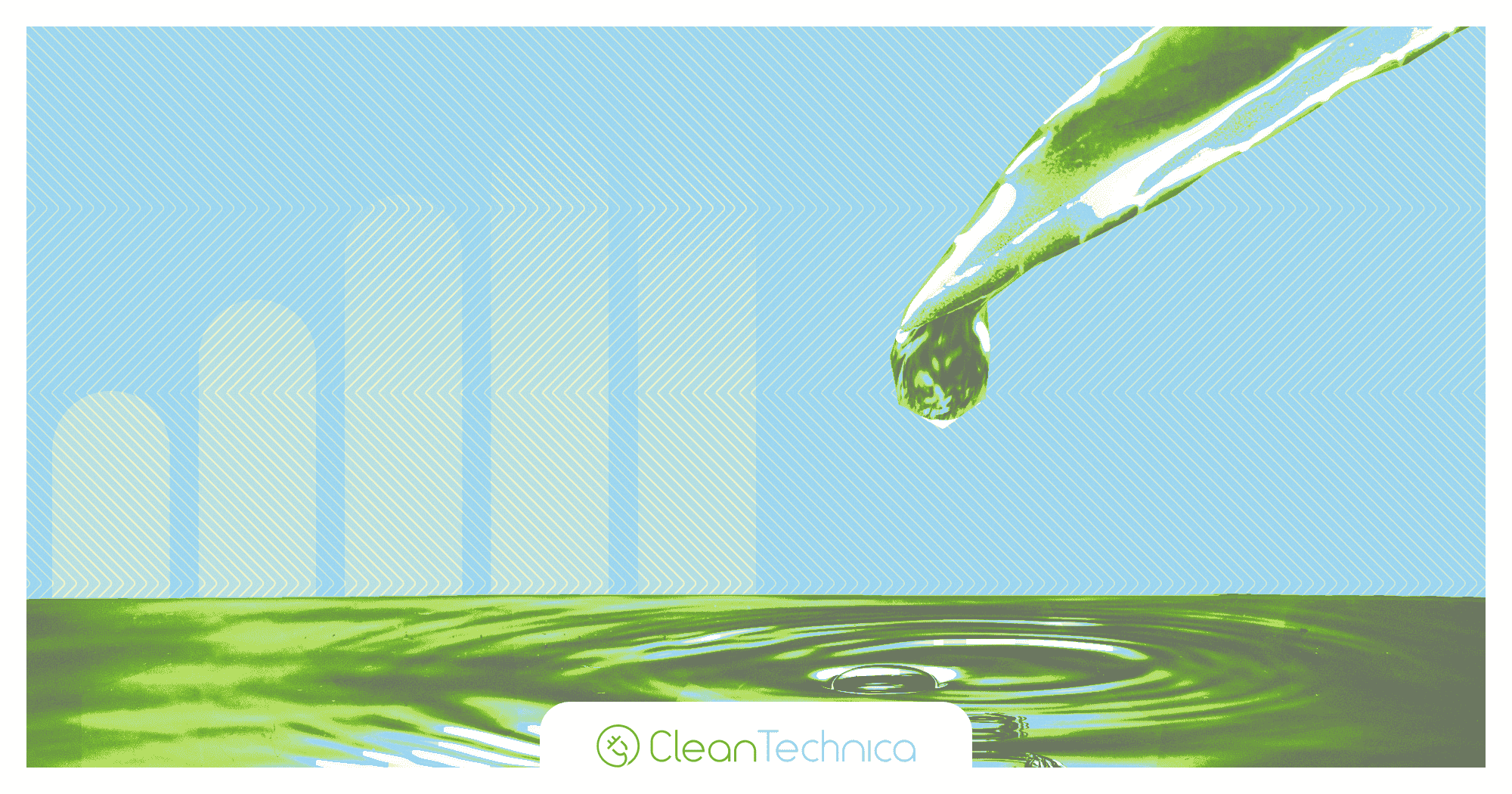3M Knew Its Fluorochemicals Were Toxic Decades Ago & Likely To Cause Cancer
ProPublica is a nonprofit newsroom that investigates abuses of power. It recently released a 8,000 word exposé on how 3M knew that its PFAS chemicals were in people’s bodies. The information in the article is too important to overlook, so here are its highlights. In 1997, Jim Johnson gave a 3M … [continued]


